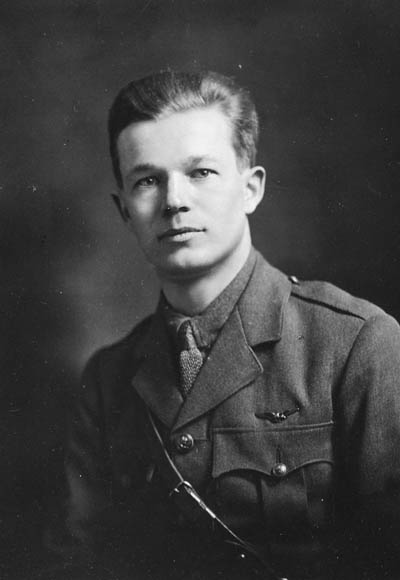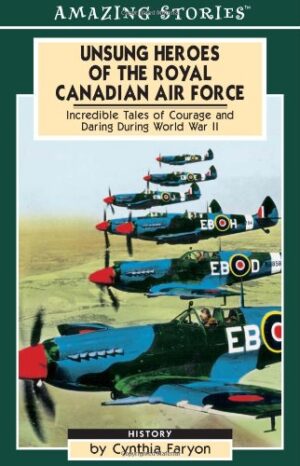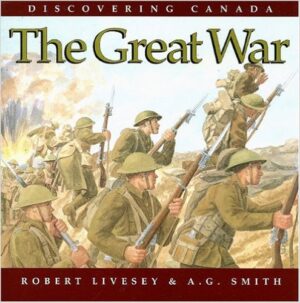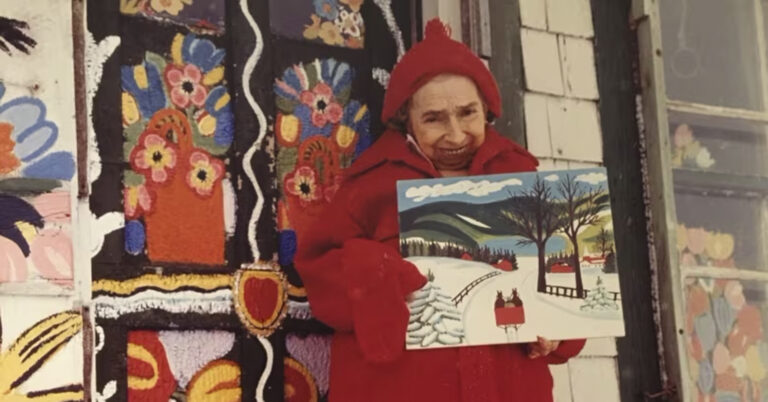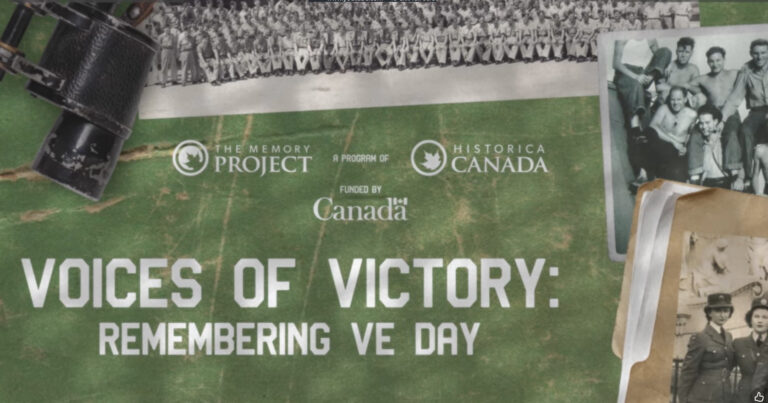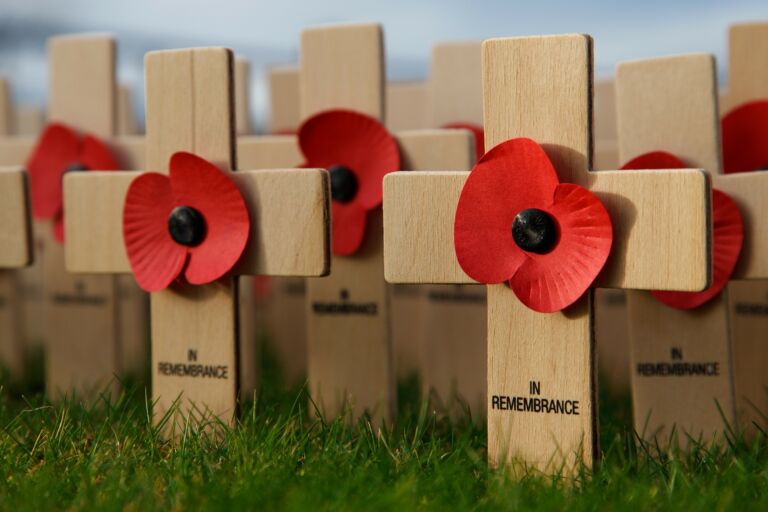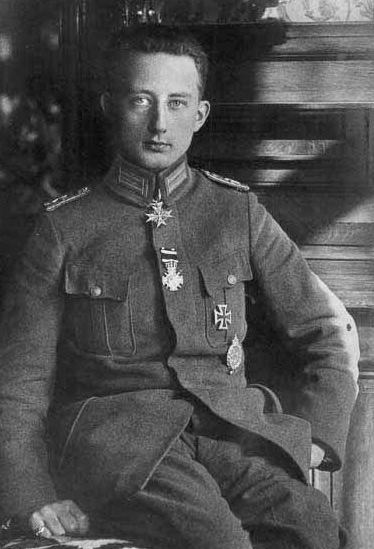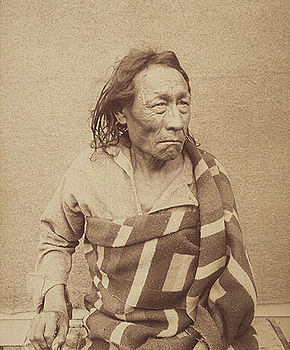WWI Flying Ace ~ Roy Brown
Air flight was a new development in intelligence and combat in the First World War. Pilots were daring. Many died in training and the lifespan on the front was short. These young men faced great ranges of emotion from excitement and thrill to trauma and grief.
Arthur Roy Brown (1893-1944), the Canadian flying ace officially credited with shooting down Manfred von Richthofen, “the Red Baron,” was born in Carleton Place, Ontario.
After his death, von Richthofen was carried off by an Australian ambulance to Poulainville and placed in a hanger. After the morning patrol, Brown went in to see the mighty warrior he had killed, but the sight of the body sickened him. The similarities between von Richthofen and himself were so great, the tragedy hit him with emotion. He wrote of that night:
… the sight of Richthofen as I walked closer gave me a start. He appeared so small to me, so delicate. He looked so friendly. Blond, silk-soft hair, like that of a child, fell from the broad, high forehead. His face, particularly peaceful, had an expression of gentleness and goodness, of refinement. Suddenly I felt miserable, desperately unhappy, as if I had committed an injustice. With a feeling of shame, a kind of anger against myself moved in my thoughts, that I had forced him to lay there. And in my heart I cursed the force that is devoted to death. I gnashed my teeth, I cursed the war. If I could I would gladly have brought him back to life, but that is somewhat different than shooting a gun. I could no longer look him in the face. I went away. I did not feel like a victor. There was a lump in my throat. If he had been my dearest friend, I could not have felt greater sorrow.
It was rather funny about Richthofen being shot down. The infantry on the ground the anti-aircraft and an Australian squadron put in reports that they had shot him down. All reports differed. They had a medical examination on the body and it was found they were all wrong without the slightest doubt. It is a terrible thing when you think of it that they should examine a body to see who should have the credit of killing him. What I saw that day shook me up quite a lot as it was the first time I have seen a man whom I know I had killed. If you don’t shoot them they will shoot you so it has to be done. Shall write again soon.
Ordinary people had to do extraordinary things during these difficult days and while they were praised and rewarded, they faced conflicting emotions of both elation and dismay. Understanding historical perspective is to understand as much as we can, the way they thought and felt about things in their time. Primary sources help us to do that.

